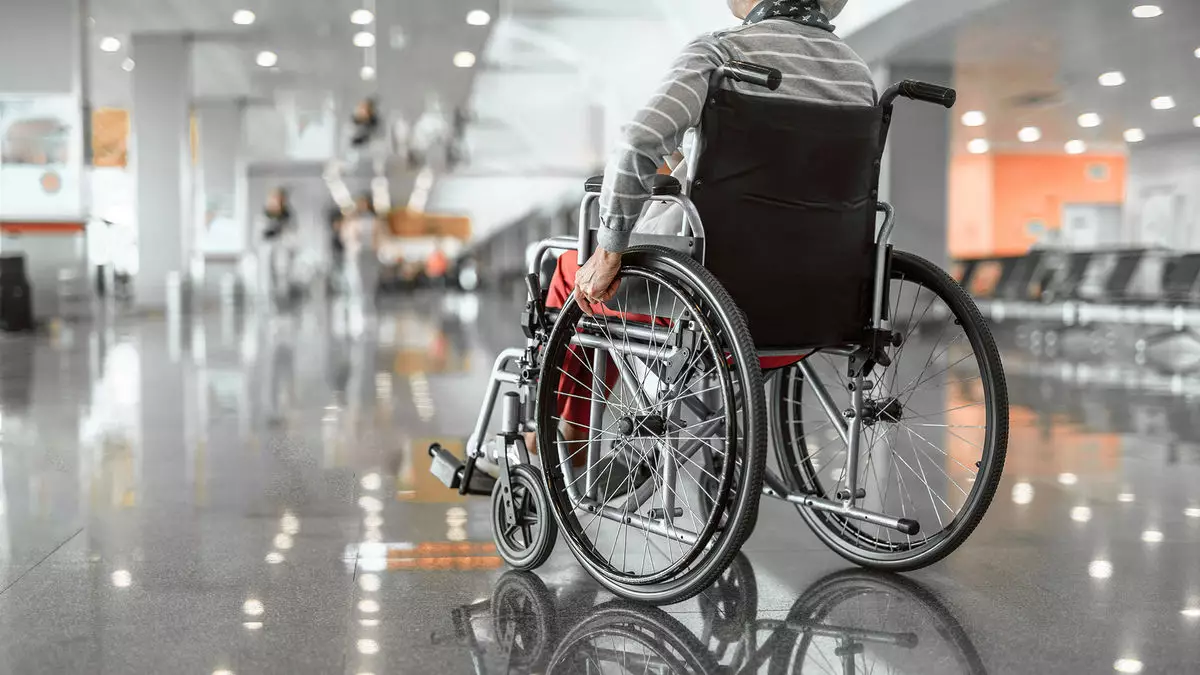In a significant move toward inclusivity and accountability in air travel, the U.S. Department of Transportation (DOT) has implemented crucial regulations aimed at protecting the rights of passengers who use wheelchairs. These newly finalized rules address long-standing concerns within the disabled community about the treatment and handling of wheelchairs during flights. Specifically, a key feature of the regulations establishes a clearer definition of what constitutes a mishandled wheelchair. This measure is a welcome advancement, as it paves the way for the DOT to impose fines on airlines that fail to return wheelchairs in their original condition. Such a clarity is essential in holding airlines accountable when their negligence impacts the independence and mobility of their customers.
Data from the DOT has revealed that the major U.S. carriers mishandle approximately 1.4% of checked wheelchairs and scooters. This statistic starkly contrasts with the mishandling rates for regular baggage, underscoring a severe disparity that advocacy groups have persistently highlighted. The regulations not only address these mishandling statistics but also seek to magically transform airline operations concerning wheelchair handling, thereby ensuring that they prioritize the safe transportation of mobility devices as an integral part of their service.
Training and Compliance
One of the most transformative aspects of the new regulations is the requirement for annual training for airline personnel responsible for loading and assisting passengers using wheelchairs. Initial training must be completed before employees perform any tasks related to wheelchair handling. This step elevates the training landscape far beyond the minimal 18-month guidelines previously established by Congress in the FAA reauthorization bill. By mandating rigorous and frequent training, the DOT sends a clear message: the treatment of passengers with disabilities can no longer be an afterthought. The implementation of standardized training will further ensure that airline staff are equipped with the knowledge and skills needed to provide dignified and respectful service.
In line with these changes, the new rules stipulate that airlines must actively assist travelers in wheelchairs during boarding, deplaning, and flight connections. The regulations also introduce tougher requirements for repairing or replacing damaged wheelchairs and emphasize the need for the prompt return of lost or delayed mobility devices. However, perhaps one of the most satisfying stipulations is that airlines must publish the dimensions of their cargo holds. This transparency enables prospective travelers to make informed decisions that cater to their individual needs before booking their flights.
DOT Secretary Pete Buttigieg expressed optimism about these developments, asserting that they establish „a new standard for air travel“ for passengers using wheelchairs. With these regulations taking effect on January 16, a commitment to dignified travel for disabled individuals is now more assured. More than just a collection of rules, this regulatory advancement represents a broader cultural shift within the airline industry—a shift that acknowledges the rights of all travelers. As these changes are implemented over the upcoming years, they promise to reshape the landscape of air travel for disabled persons, ensuring they fly not just in comfort but with the respect they deserve.


Napsat komentář